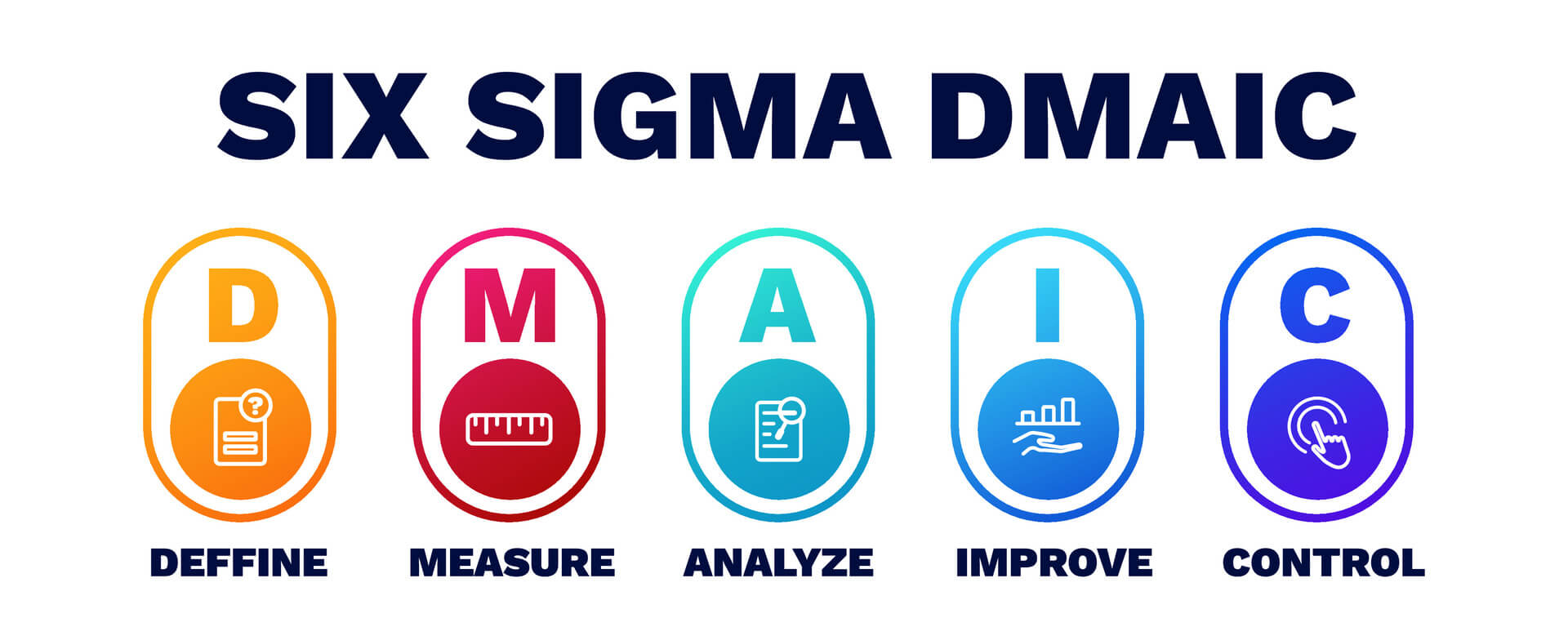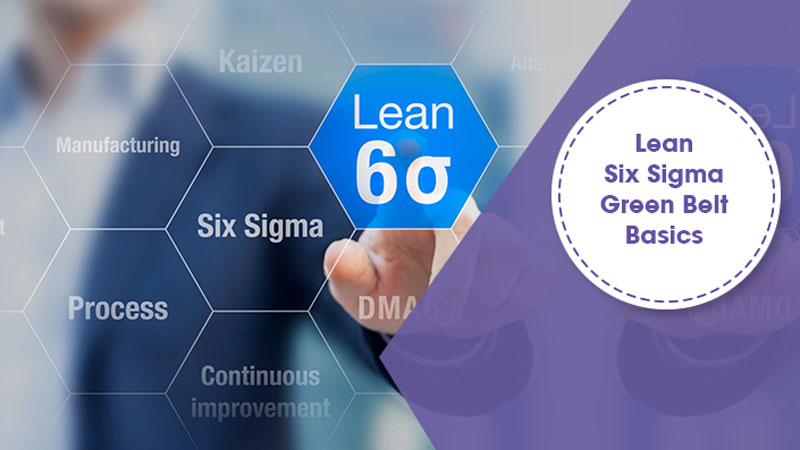What you will learn?
Explain the origins and benefits of Lean Six Sigma.
Understand the DMAIC methodology and its practical application.
Identify and reduce waste using Lean tools like 5S and value stream mapping.
Apply basic Six Sigma concepts such as variation, DPMO, and process capability.
Develop project charters, SIPOC diagrams, and VOC analysis.
Collect, measure, and analyze process data effectively.
Conduct root cause analysis and implement sustainable solutions.
Use control plans and statistical tools to maintain improvements.
Engage stakeholders and manage change during improvement initiatives.
Prepare for entry-level certification in Lean Six Sigma.
Target Audience
Professionals involved in quality, operations, or process improvement
Project managers and team leaders
Entry-level engineers and analysts
Manufacturing and service industry staff
Individuals preparing for Lean Six Sigma Yellow Belt certification
Anyone seeking a structured approach to problem-solving and performance improvement
About this course
Lean Six Sigma Foundations is an essential course designed for professionals seeking to understand and apply the core principles of Lean and Six Sigma to improve business performance. By integrating the waste-reducing focus of Lean with the variation-reducing tools of Six Sigma, this methodology helps organizations streamline processes, enhance quality, and deliver greater value to customers.
This course provides a comprehensive introduction to Lean Six Sigma, with a strong focus on the DMAIC (Define, Measure, Analyze, Improve, Control) problem-solving framework. Participants will explore the history and evolution of quality management, discover the critical differences and synergies between Lean and Six Sigma, and gain hands-on experience with the tools used to identify and eliminate inefficiencies.
Through twelve structured lessons, learners will be introduced to key concepts such as value stream mapping, root cause analysis, 5S, statistical process control, and FMEA. The course also emphasizes practical applications, guiding participants on how to collect and analyze data, implement improvements, and sustain gains over time.
In addition to technical skills, the course explores team dynamics, change management, and project selection strategies to ensure real-world success. By the end, participants will be equipped with the foundational knowledge needed to contribute to Lean Six Sigma projects and prepare for Yellow Belt certification or equivalent.
Whether you're part of a continuous improvement team or simply looking to optimize your work processes, this course lays the groundwork for a disciplined, data-driven approach to operational excellence.
Requirements
No prior Lean Six Sigma knowledge is required.
A general understanding of business processes and basic math/statistics is helpful but not mandatory. All key concepts are introduced from the ground up.
Related Courses








